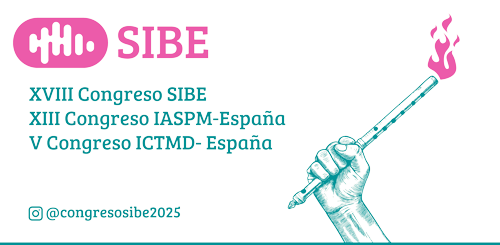This paper presents a segment of an ongoing doctoral research on the “culture of samba” in Belo Horizonte, MG – Brazil. We aim to conduct an intensive ethnographic study focused on a web of localized social interactions involving individuals and groups closely tied to the creation and maintenance of a space dedicated to samba in the city: the bar Opção. Located in a peripheral neighborhood, this space regularly hosts “rodas de samba” and other activities related to afro-brazilian music. Through the description and analysis of the actions and experiences of people and groups involved in this setting, we seek to understand the meaning and the social significance of the sonic expressions and knowledge embedded in samba practices - particularly in their political, philosophical, economic, geographic, musical, choreological, and sociocultural dimensions - as forms of resistance to violence, abandonment, prejudice, exclusion, unresolved social injustices, and the lack of recognition of alterity. By studying samba practices from a communal and experiential perspective, and drawing from their potential to confront fixed, segregating, and oppressive cultural models, we aim to better understand how current (or updated) mechanisms of cultural oppression operate in the realities under study, as well as the alternative forms of (re)existence that emerge from these practices. In this presentation, we propose to analyze various forms of associativism observed in “rodas de samba”, and how the sonic discourse reiterates practices of care, space negotiation, and worldview. We will explore aspects such as improvisation and communication through gestures and sound, the dialogical relationship with the audience, the emergence of social struggles (e.g., feminism, anti-racism) in performative languages, and the construction of a community context that both shapes and is shaped by the poetics of samba lyrics and aesthetic sound choices.

 PDF version
PDF version
